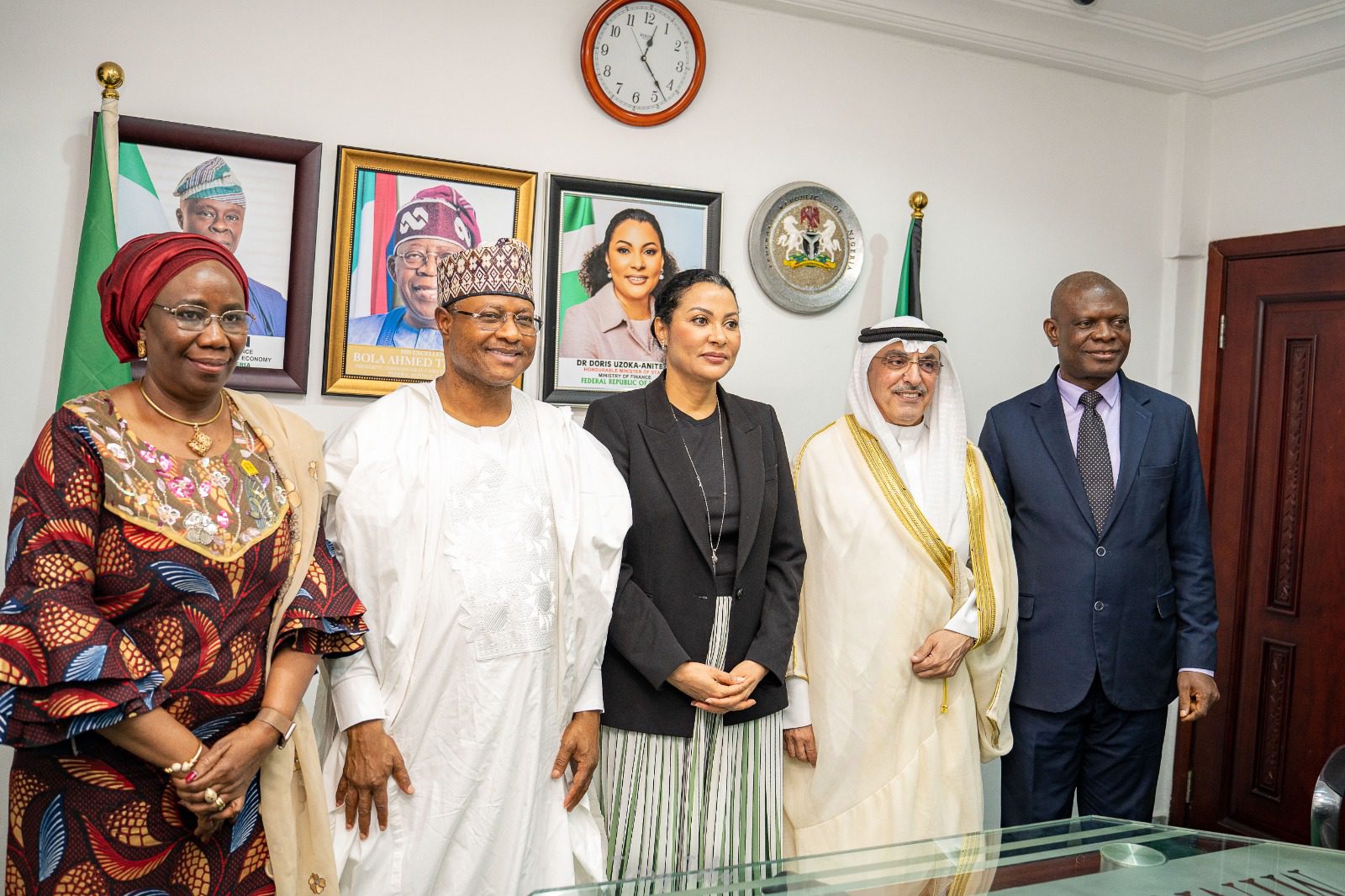An All Progressives Congress ( APC) Chieftain and a senator who represented Kogi East from 1999 to 2003, high Chief Alex Kadiri has asked President Bola Tinubu to own up that he was railroaded into signing the Access to Higher Education act, 2023 in error.
Since the act was signed into Law mixed reactions have continued to trail the Access to Higher Education Act, 2023.
President Bola Tinubu had signed into law a bill that provides interest-free education loans for Nigerians willing to acquire tertiary education in the first week of his administration.
The Access to Higher Education Act, 2023, otherwise known as students loan Act, establishes an Education Loan Fund to help Nigerians fund their higher education, while they pay in instalments two years after completing their participation in the National Youth Service Corps (NYSC) programme.

The bill, first introduced in 2016 by Femi Gbajabiamila, the immediate past Speaker of the House of Representatives, was reintroduced in 2019 and received more attention from the National Assembly in November 2022. It was barely a month after the end of an eight-month-long industrial action by the nation’s university workers’ union who had protested poor working conditions, among other demands.
Kadiri who was chairman senate committee on Education at the time he held sway as Kogi East senator said the act can not work under the present day Nigeria setting wondering why President Tinubu signed in such a haste.
He said even in the US the most developed democracy in the world some Lawmakers are still owing student’s loan, they loan they took to pursue their carriers in colleges and universities.
According to him, “The controversy is on the television everyday in the US and that is why Joe Biden said he was going to forgive them the loan, but the courts have now said no, he can’t do that.
“It is good to forgive these loans, and it is bad for those who struggled and have paid. So there are two ways of looking at these things but we have to draw a line in the middle.
“There are some even if you give them another 100years, they will never pay. They can’t pay, they don’t have any job or even if they have a job is all these jobs that can’t put food on their table talk more of repaying a loan.
“What the last national assembly did which some of us advised against because we have gone down this road before, during our time I was chairman of the education committee in the Senate, we had public hearing and killed it and we gave reason.
“If you read my biography, for me to think this is important for me to put it in my biography you should know.
“The idea is good but the timing is wrong. We once had a Students’ Loan Board in this country, we had Education Bank, they are all dead.
“Why did they die because those who collected loan never paid back and that is even when Nigeria was fairly better than it is today. It is easy to carry pen and sign anything into law.
“They rushed Tinubu into signing that thing, Gbajiabismilla was a Speaker in the last Assembly, so he thinks that this is a foot print, it is not. We have worked on it in the past and they are not inventing the wheel.
“We had public hearing in Lagos, Enugu, Portharcourt, Abuja and Kaduna over this Students Loan they are rushing now.
“Remember ASUU said they don’t know what Tinubu signed because they were not involved and they are right, it is not an easy thing that you just rush and get the man to sign because he too is looking for legitimacy, so anything that looks like good he will to sign quickly. But there is more to it. This country must plan.
“Before America set up that thing they had their independence for 150 years. They learnt a lot before establishing this loan for students and the ability of the students to pay back, because they can trace all their people wherever they are in the world. “You cannot kill somebody in Michigan and go and hide in Hawaii or Califonia because it is a big State. They will fish you out within 30minutes.
“Yet they are unable to get the people who took loan from them, because the person must first of all be employed, must earn income to put food on his table or may be accommodation before he can pay back any loan in America.
“There is no need you give somebody a loan when you know he is not likely to pay back. The organization giving out that loan will die that is the issue.
“The student’s loan can never work in a third world, he should own up that he signed that bill without proper consultation since Gbajabiamilla was standing behind him, former speaker, it is wrong, you can not sign something in to law without consulting the people who are directly affected.
“The people who are teaching in the school, you cannot talk of University autonomy when there is no room for expansion in the colleges. If you give autonomy to college of education Ankpa today is it the students or the parents who will contribute money to build the faculty? Who will recruit teachers and pay them?
“In the US where these things are done all these basic things are already there. You can not jump and start copying people from the middle of the road


